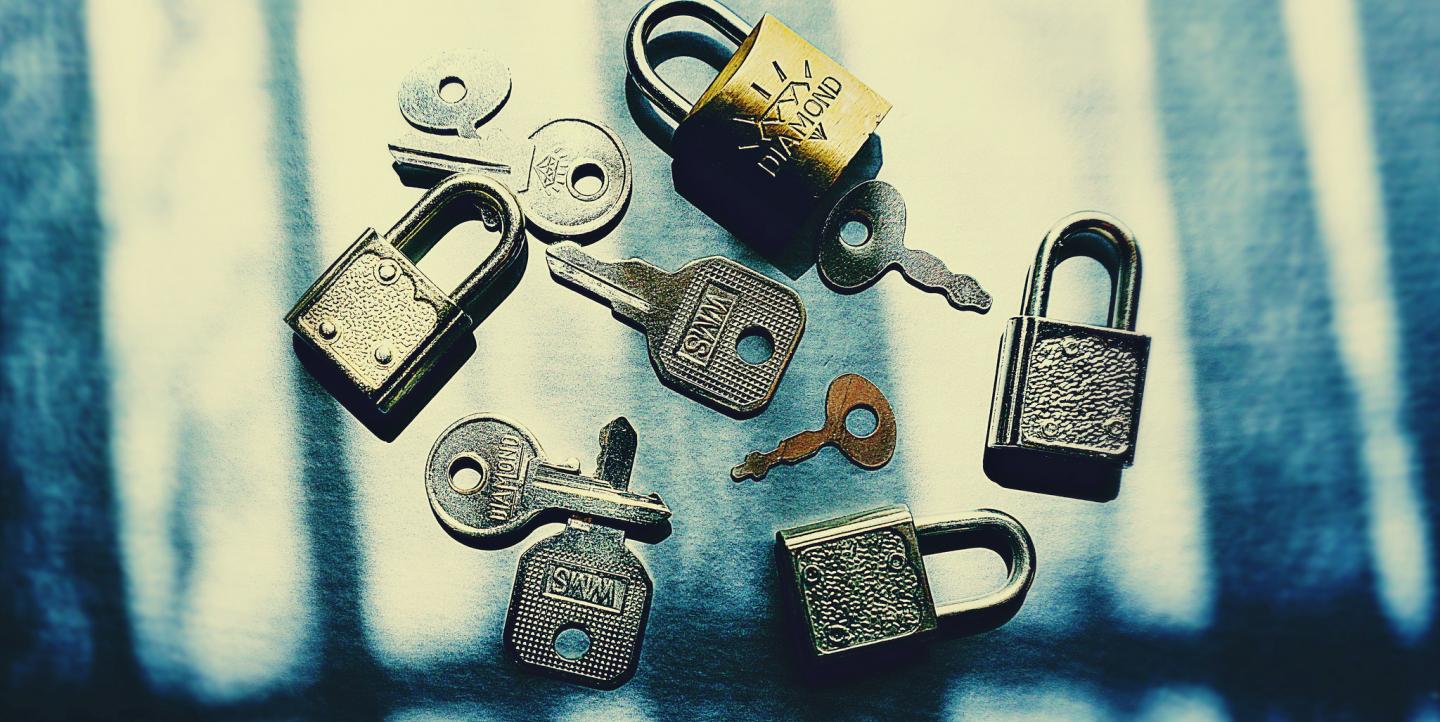Facebook has become a critical tool for sourcing, viewing and sharing news, and as a result, it is increasingly important for journalists to be able to navigate the social network. But like any social network, Facebook is not without its risks.
Since journalists routinely depend on the internet to track new stories, save data, correspond with sources and share information, digital safety is of increasing importance. A 2015 report by UNESCO identifies 12 digital threats to journalism, including targeted and mass surveillance, online intimidation, data mining and many others. However, UNESCO reports that out of 167 journalists surveyed, 54 percent had no digital security training.
In an attempt to overcome this gap, the European Journalism Centre (EJC) announced this week that they have partnered with the Facebook Journalism Project to launch Facebook Safety for Journalists.
The guide addresses topics such as privacy settings, two-factor authentication and location-sharing, as well as how to report harassment and manage abusive comments on profiles and pages. They have also included short, animated videos that summarize the information, and give an overview of how it can best be managed. The information will be available in multiple languages, including French, German, Indonesian, Japanese, Korean, Portuguese, Chinese, Spanish and Arabic.
With support from other organizations, including the Committee to Protect Journalists, Connect Safely, the Inter American Press Organization and the James W. Foley Legacy Organization, EJC and Facebook offer a useful guide for journalists to protect themselves and their accounts online.
For more resources on media, visit Learno, another site supported by EJC.
Main image CC-licensed by Flickr via Suzy Hazelwood.


